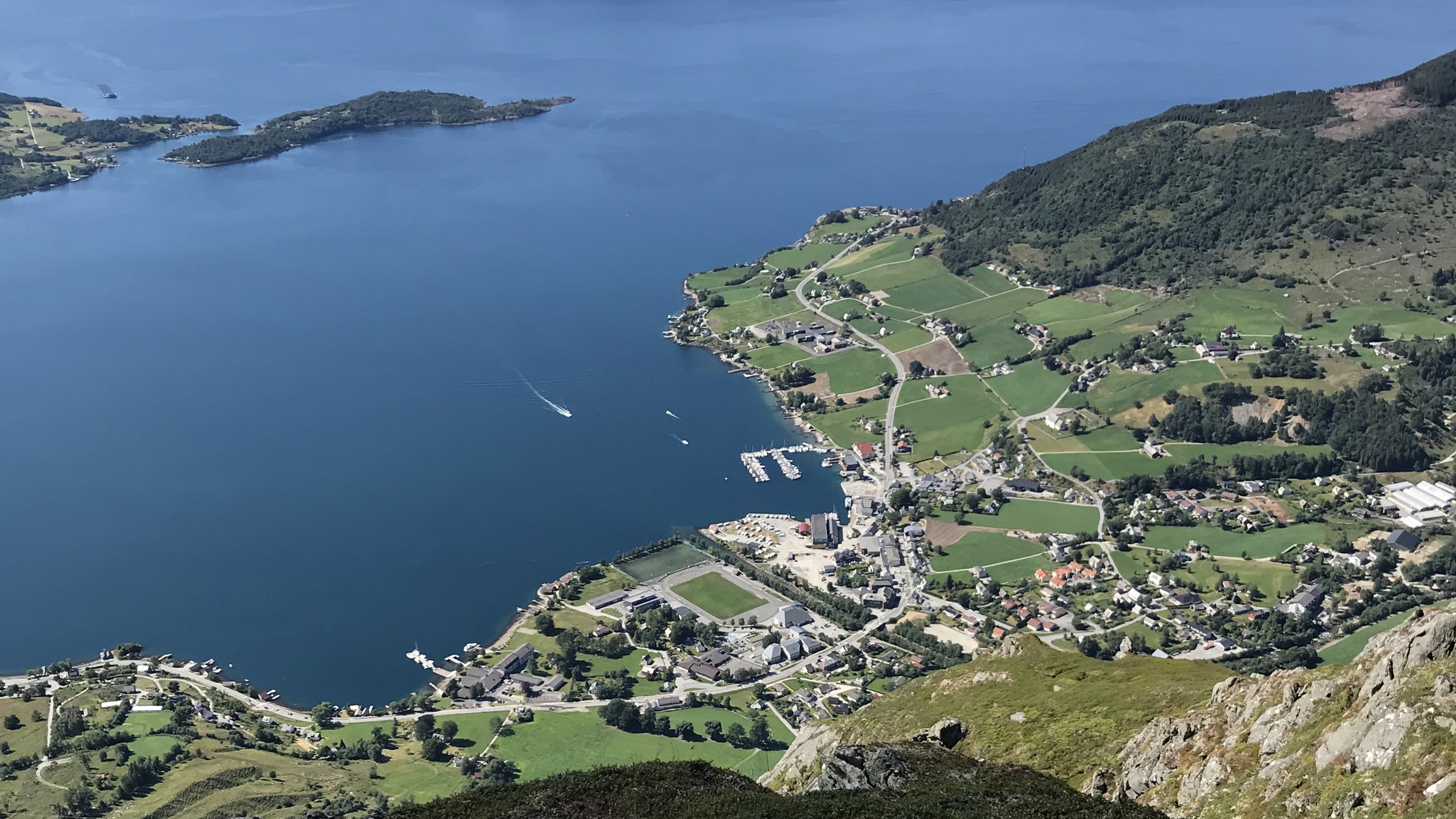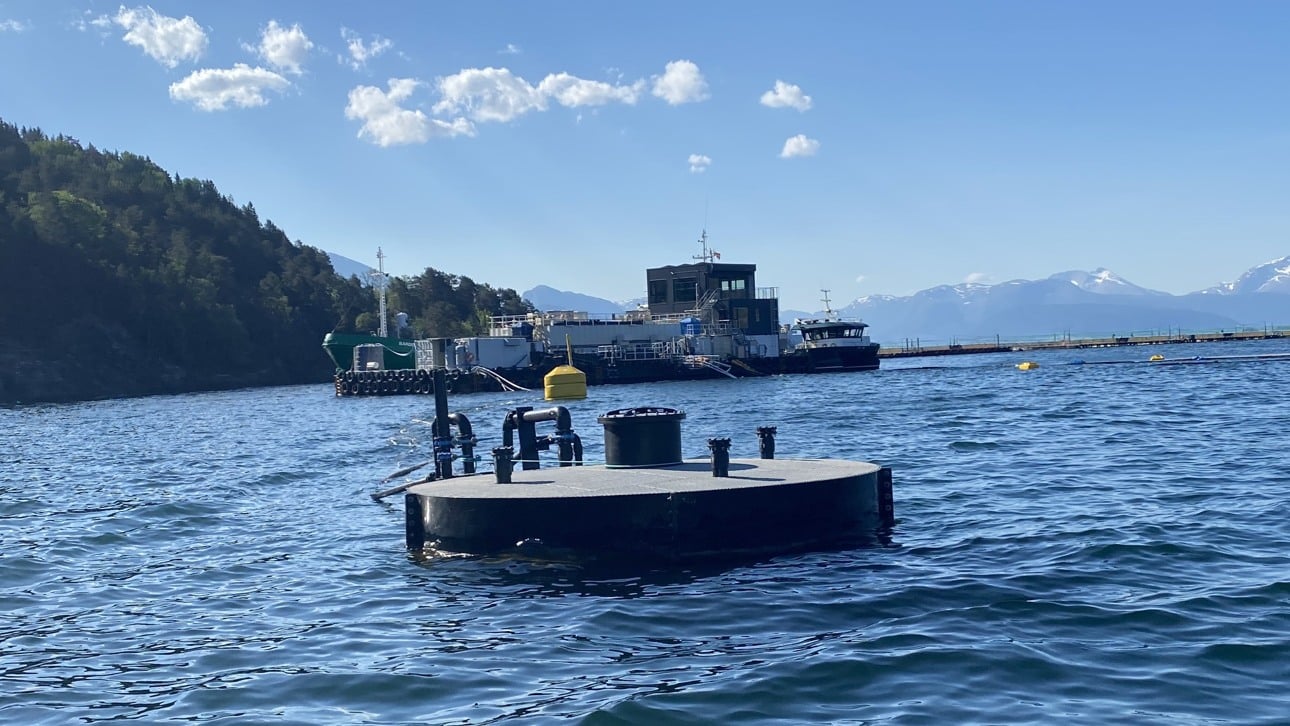
Fish farming project in Hardangerfjord awarded over 10 million euro in grants
Ragn-Sells is playing a crucial role in a new EU-funded project designed to improve the sustainability of fish farming in Norway's Hardangerfjord. The project, supported by an over 10 million euro (120 million NOK) grant from the EU Horizon Europe programme, aims to collect and repurpose sludge from fish farms, with a focus on environmental and economic benefits.
14 Aug 2024Read the press release "120 million NOK for unique EU project on sludge collection in Hardangerfjorden" from NORCE, published on August 12th, 2024.
The Hardangerfjord, known for its significant salmon farming industry, produces over 100,000 tonnes of farmed salmon each year. This large-scale production also generates substantial amounts of sludge, consisting of uneaten feed and fish waste, which can impact the marine environment. The sludge contributes to nutrient pollution, raising concerns about water quality and marine ecosystems.
Ragn-Sells will bring its expertise in circular economy solutions to the AquaPhoenix project, a collaboration involving 30 partners from across Europe. The goals are to develop and implement technology to transform the collected sludge into valuable resources, particularly phosphorus, which can be used as an ingredient in animal feed and fertilisers for agriculture.
Circular solutions for sustainable fish farming
Vidar Svenning Olsen, CEO of Ragn-Sells Norway, highlighted the importance of the project in promoting sustainable fish farming practices. "Circular technology for fish farms reduces the climate footprint, eases the burden on the fjords, and increases production efficiency. By converting waste into valuable resources, we also contribute to reducing Europe’s reliance on imported energy and nutrients," he said.
Another partner in this project is the Ragn-Sells' owned innovation company EasyMining, contributing with their know-how regarding phosphorus extraction from incinerated sludge, based on their patented Ash2Phos technology extracting, and Aqua2N removing and recovering nitrogen from centrate from digestion of fish sludge. This process helps minimise the environmental impact of fish farming and creates a sustainable supply of essential nutrients for agriculture, supporting a closed-loop system that benefits multiple industries.

Fish sludge is collected in dedicated tanks before being sent for further processing.
Collaborative effort for environmental impact
The AquaPhoenix project, coordinated by the Norwegian research institute NORCE, is set to run for four years, with contributions from research institutions, industry players, and fish farming companies around the Hardangerfjord. Ragn-Sells' involvement in the project aligns with its broader commitment to sustainability and innovation in waste management.
"This project is an important step in developing sustainable solutions that address the environmental challenges of modern industry," Svenning Olsen added. "By turning waste into resources, we help protect the fjords and contribute to a more sustainable and self-sufficient Europe."
With preparations underway, the AquaPhoenix project is expected to begin this fall. As one of only three projects approved out of 30 applications to the Horizon Europe programme, it highlights the importance of addressing environmental challenges in fish farming.